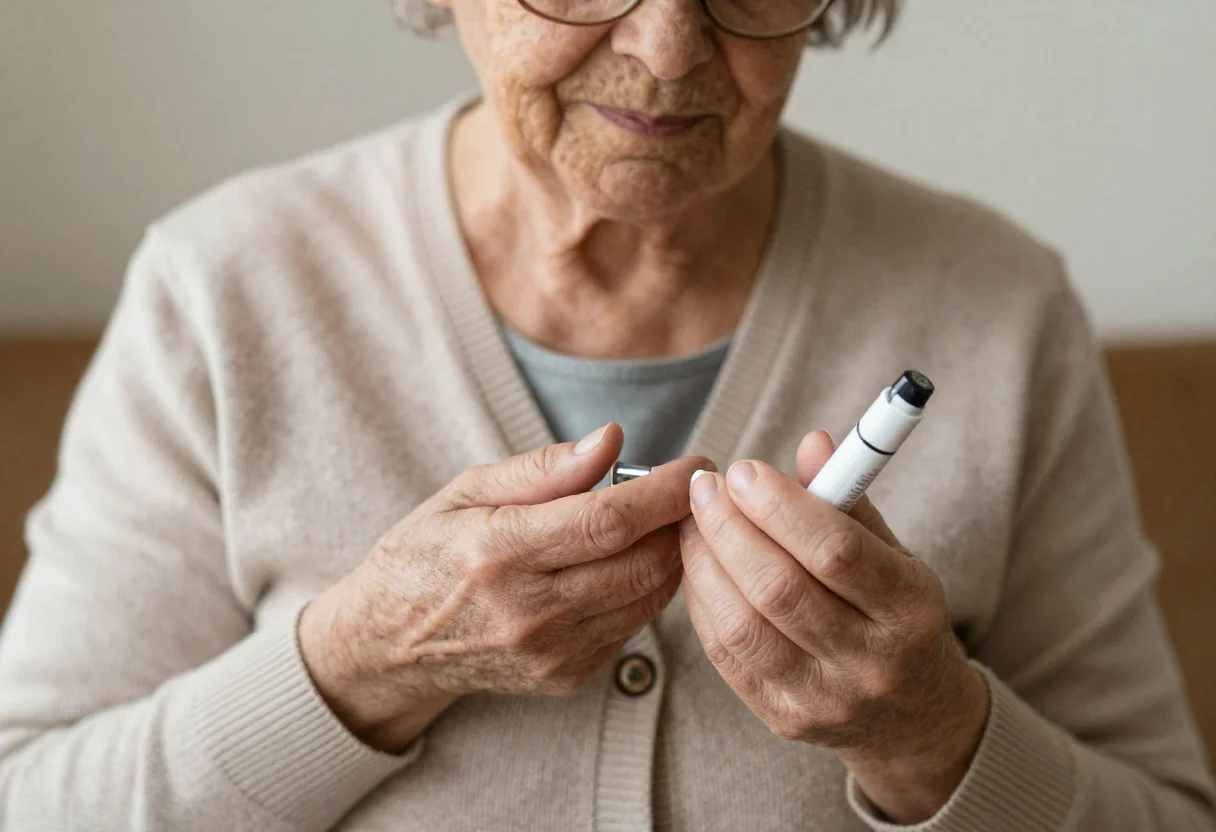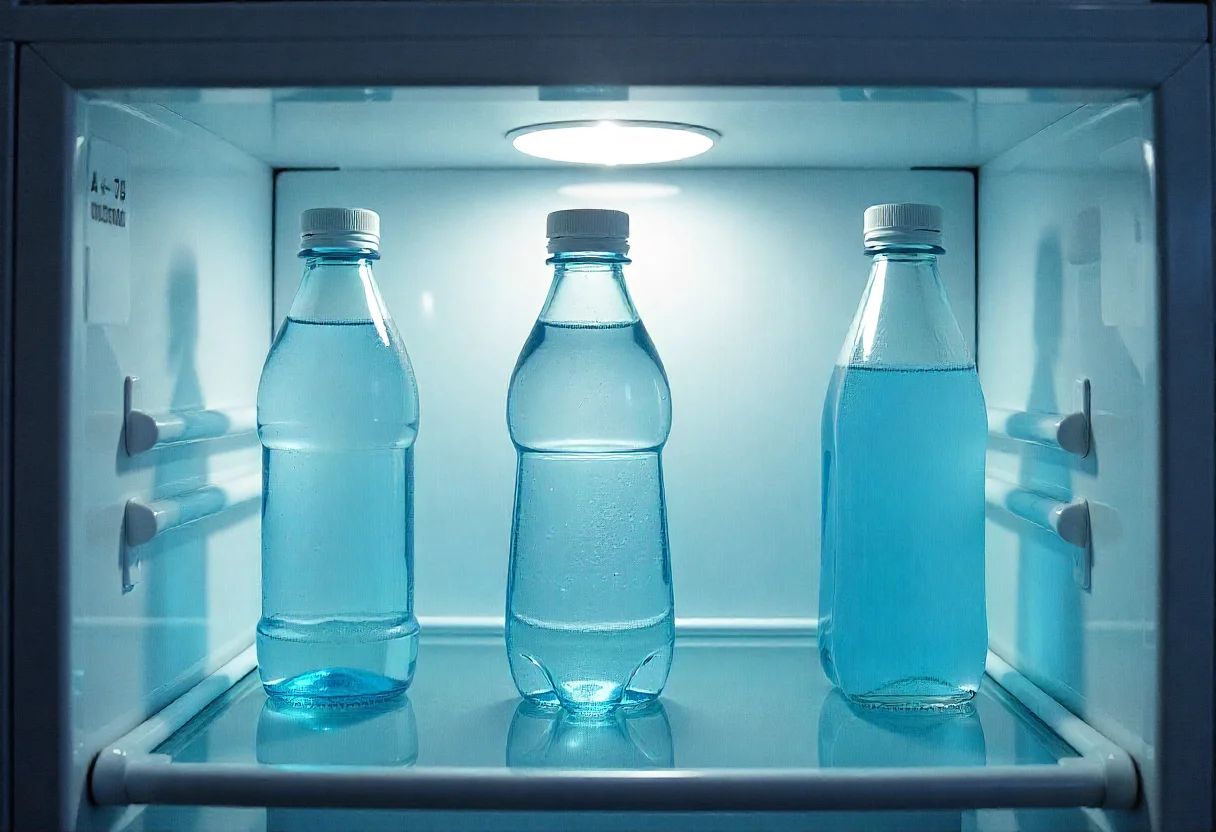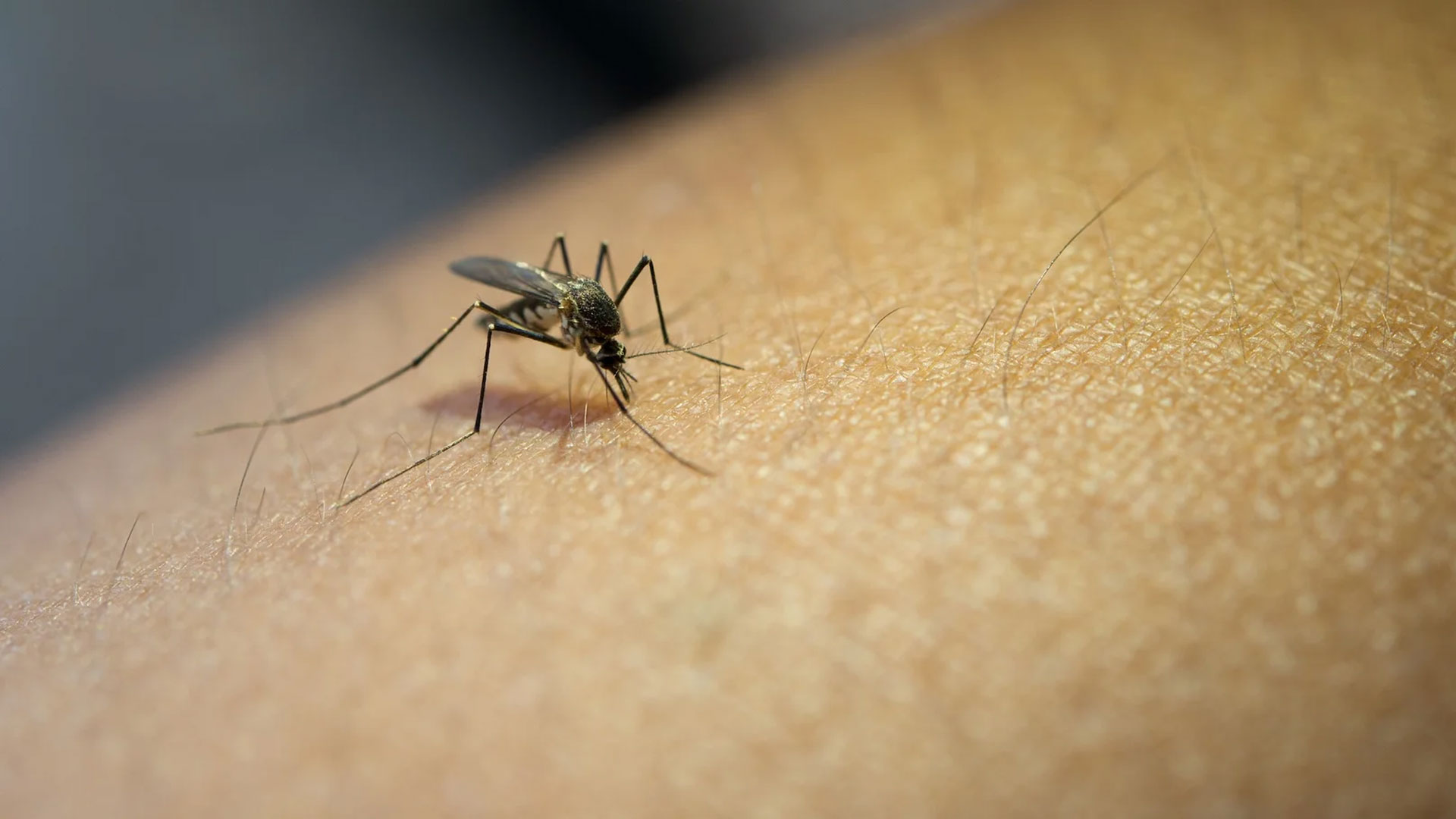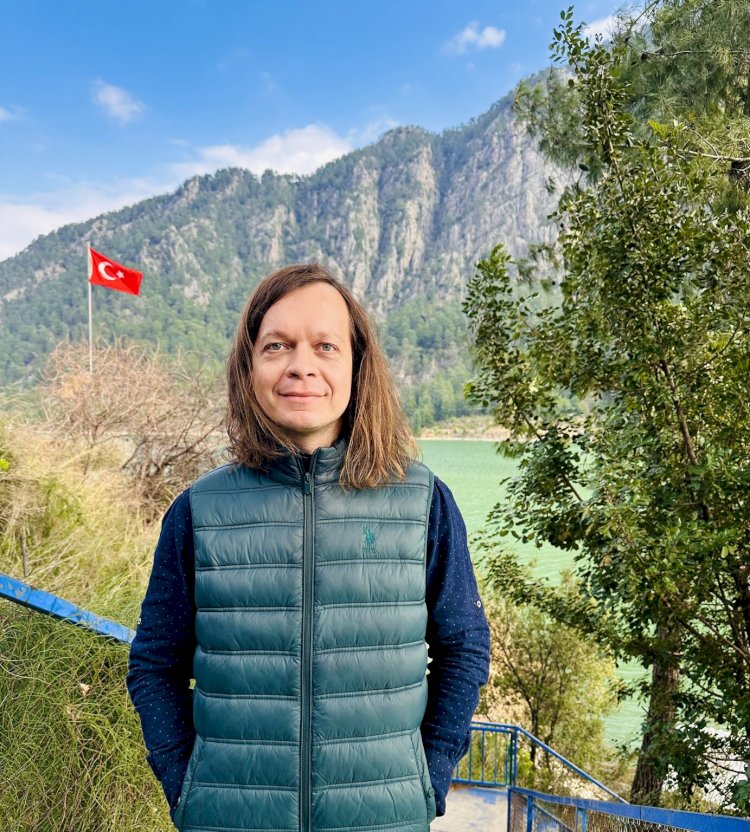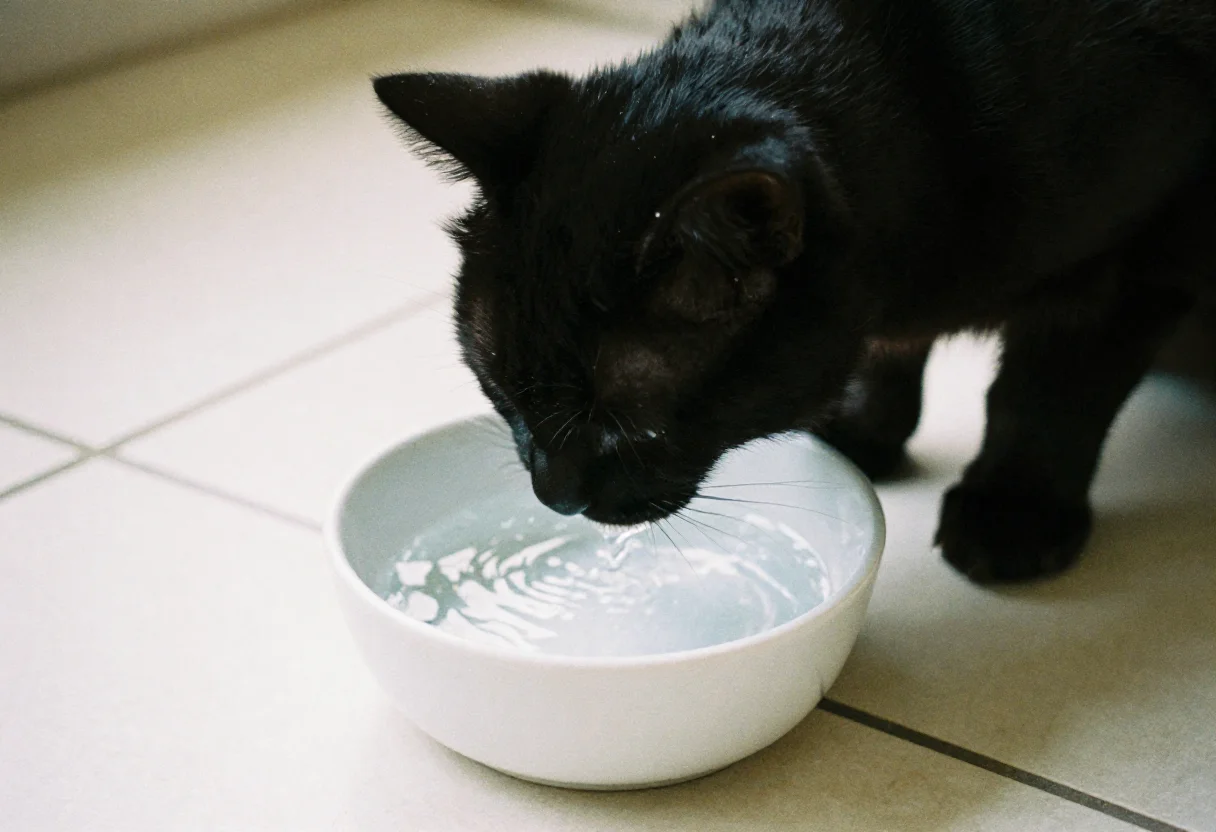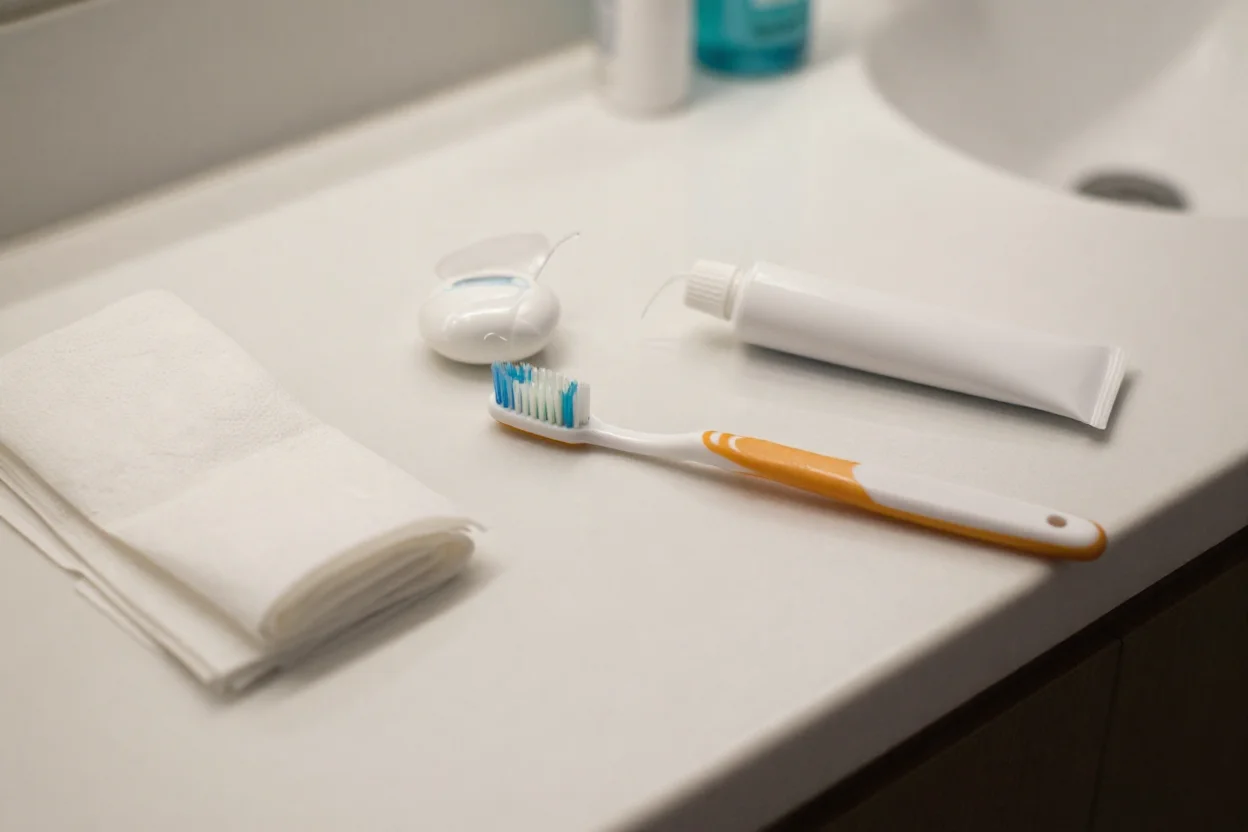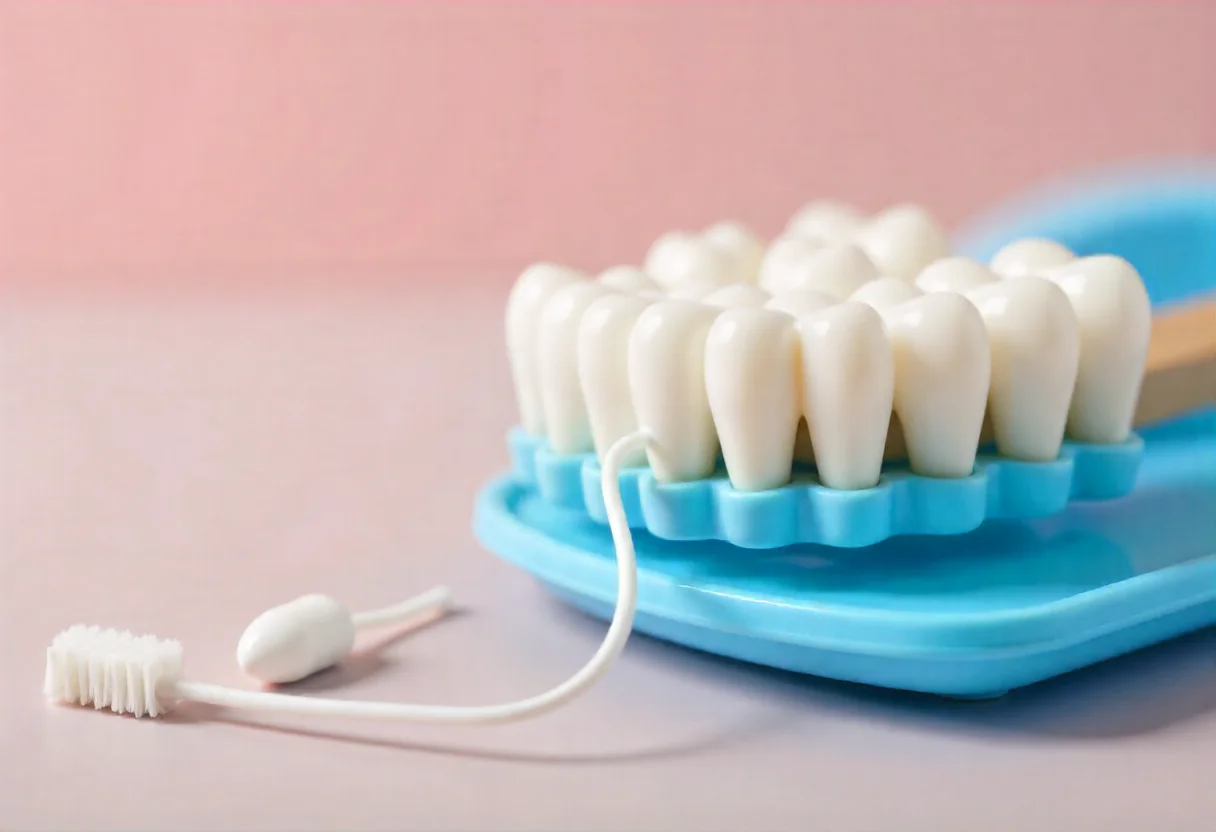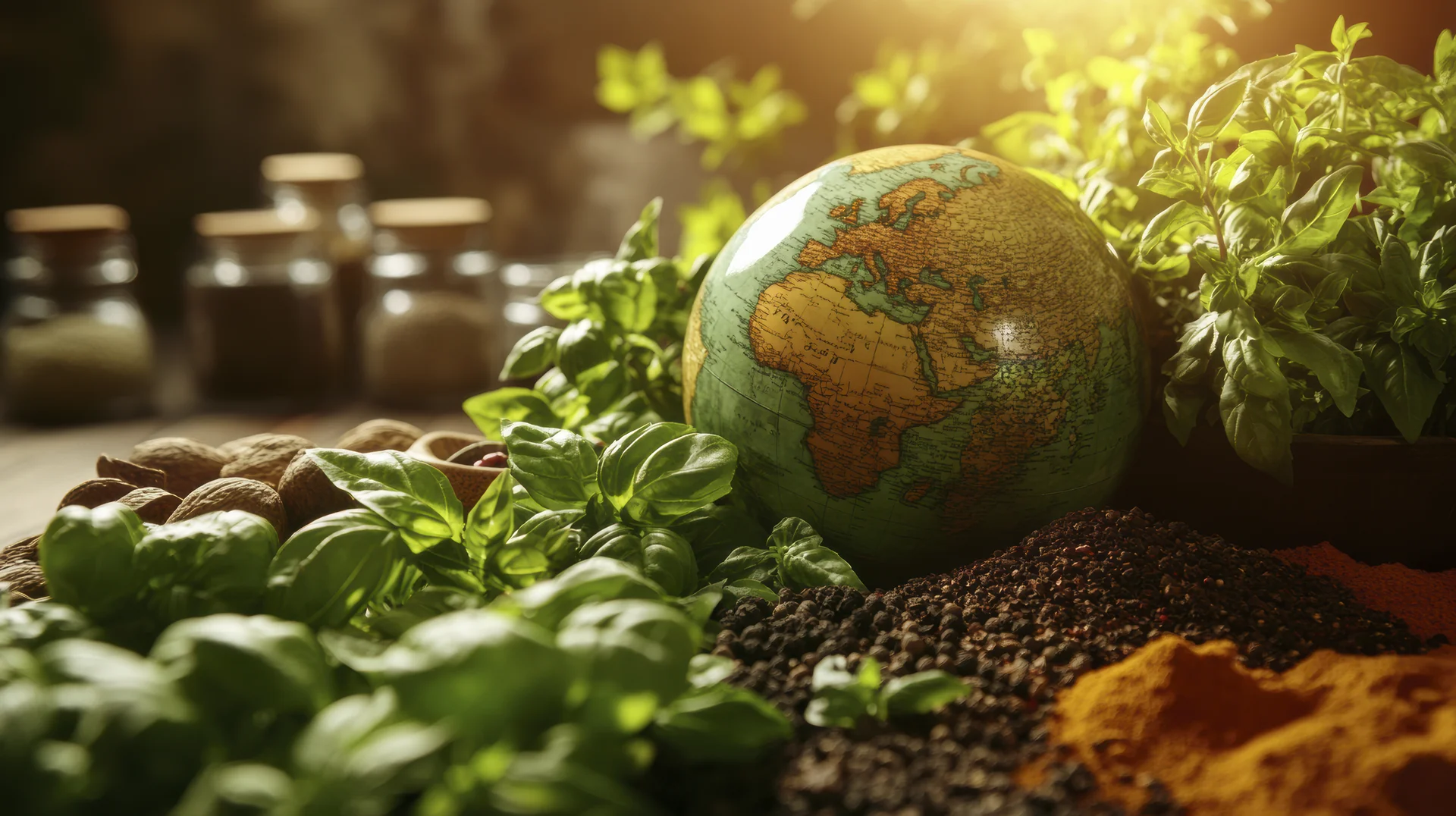
First Step Towards a Bioeconomy Ban Burying Organic Waste in the Ground!
Moving Forward by Thinking Backwards: Banning Organic Waste
One of my favourite things is to think backwards and move forward. The topic I will discuss today is related to this perspective.
We generally think like this: Let's not throw plastics in the trash, let's not leave batteries and metals in nature. In other words, we have been sensitive for years about preventing our waste, which is very difficult to decompose or does not decompose at all, from mixing with the environment. That's why we throw our waste either into recycling bins or into special points designated by municipalities. Our zero-waste approach also generally revolves around “plastic recycling.”
Of course, this approach is correct, but there is more to the issue than that. The European Union became aware of this in the early 2000s and has since imposed quite strict rules: sending organic waste to landfills is now prohibited.
Why? Because leaving organic waste in landfills, contrary to popular belief, is a major environmental problem. When I was a child, there was a huge landfill near where I lived, and I remember that these landfills exploded over time due to gas accumulation. So leaving organic waste to ‘rot’ in one place also creates serious environmental risks.
So what will we do if we cannot dispose of organic waste in landfills? This is where the practices of developed countries come into play: producing compost, converting it into energy in biogas plants, or developing new products that will create added value in line with the circular economy concept (known as ‘valorisation’ in English).
While discussing the recycling of non-biodegradable waste such as plastic, we must also develop an action plan for organic waste, which may be even more urgent. Austria, Germany, Sweden, Norway, the Netherlands, Switzerland and New Zealand have implemented very effective regulations in this area. In fact, New Zealand plans to completely ban the burial of organic waste in the ground by 2030. This means that creating added value from organic waste is becoming mandatory.
How should Turkey's journey into the bioeconomy begin?
In my opinion, the best answer is to ban the disposal of organic waste in landfills and, with this ban, lay the groundwork for the development of advanced use areas.
This should be one of the most important items in our 2030 bioeconomy plans. Because this is where most transformations begin. The world started this transformation in exactly this way: first, the disposal of organic waste in landfills was banned, and then circular economy practices gained momentum.


